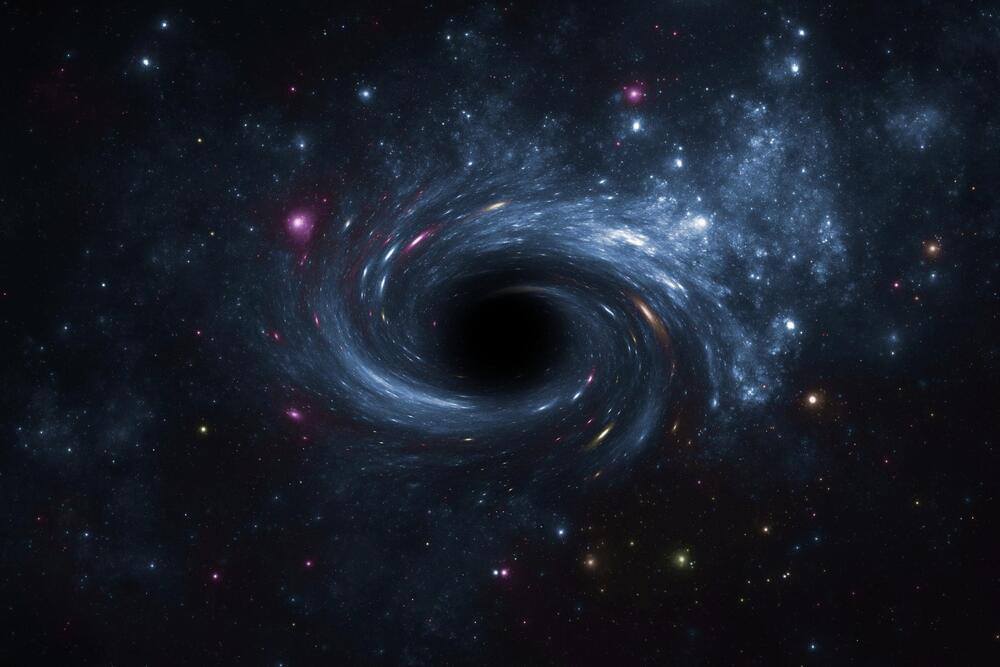Researchers using the James Webb Space Telescope have uncovered the oldest black hole ever detected—and declared a new era in astronomy.
It was found at the center of GN-z11, a galaxy first discovered in 2017, about 13.4 billion light-years away from our Milky Way galaxy—but about 100 times smaller. That means it exists just 400 million years after the Big Bang, which is thought to have created the universe. However, the black hole looks to be about a billion years old, suggesting problems with theories about how quickly black holes form.
The discovery, announced in a paper published today in the journal Nature, is the result of the sensitivity of JWST, which can see deep into the infrared, detecting old light that has been traveling across deep since the dawn of time.









Comments are closed.